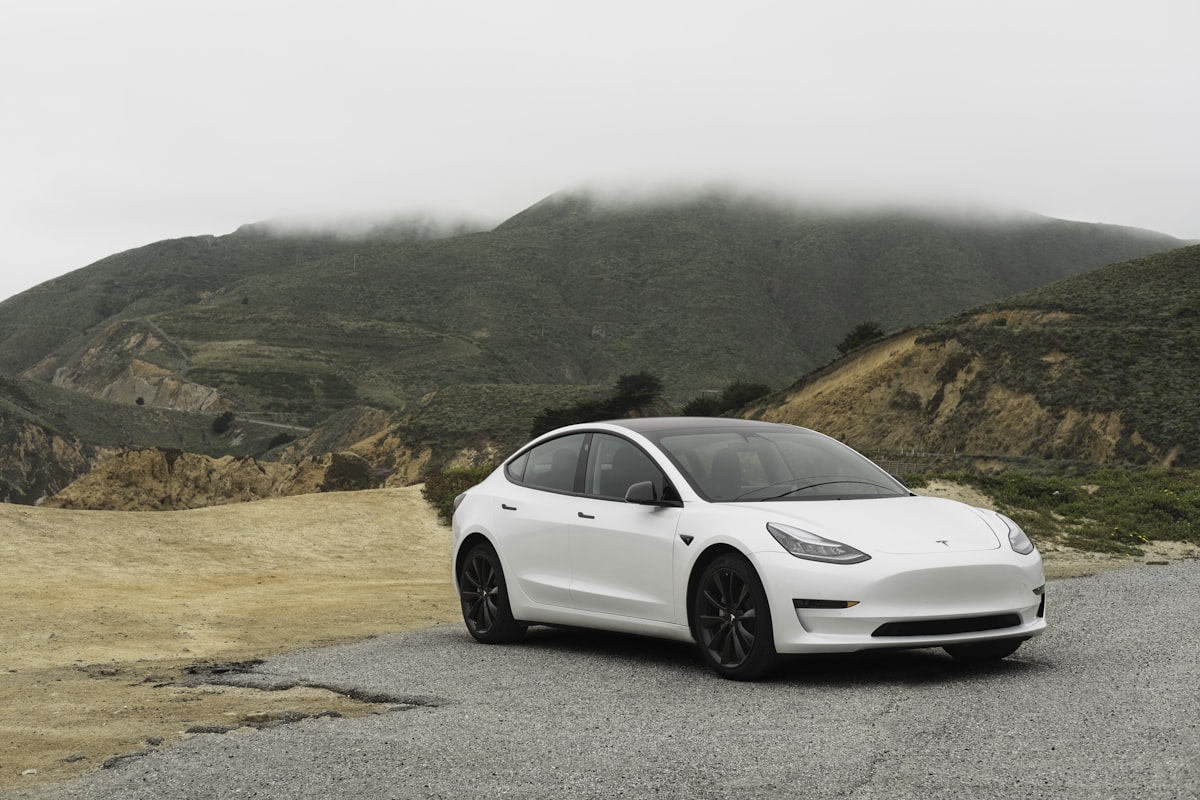Understanding the Benefits of Smart EV Chargers
Smart EV charger features have gotten complicated with all the app options, grid integration capabilities, and connectivity variables flying around. As someone who’s used both basic and smart chargers across multiple EVs, I learned everything there is to know about whether smart features are worth the premium. Today, I will share it all with you.
Spoiler: for most owners, smart chargers pay for themselves. Here’s why.
Cost Savings Through Scheduling
Probably should have led with this section, honestly—this is where smart chargers shine. Off-peak electricity rates can be 50% cheaper than peak rates. Smart chargers let you schedule charging to start automatically when rates drop.

My charger starts at 10pm when my utility’s off-peak rates begin. I plug in when I get home but don’t pay peak prices. The savings add up to $200-400 annually depending on driving habits.
App Control and Monitoring
That’s what makes smart chargers endearing to us data-oriented owners—visibility into everything:
- Start and stop charging remotely
- Monitor charging progress from anywhere
- Track energy consumption and costs over time
- Get notifications when charging completes or encounters issues
I’ve started charging sessions from work when I realized I forgot to plug in. Can’t do that with a basic charger.
Load Management
Smart chargers can communicate with your home’s electrical system. When other high-draw appliances run, the charger reduces power to prevent overloading circuits. Some systems balance charging across multiple vehicles automatically.
This feature prevents breaker trips and allows installation on panels that couldn’t otherwise handle full charging loads.
Grid Integration
Advanced smart chargers participate in utility demand response programs. During grid stress events, they reduce or pause charging temporarily. Participants often receive credits or rebates. Some systems can eventually support vehicle-to-grid (V2G) capabilities—feeding power back during outages.

Safety and Updates
Smart chargers receive firmware updates that improve functionality and address security vulnerabilities. They typically include enhanced safety features like surge protection, overcurrent protection, and temperature monitoring with automatic shutoffs.
Data and Insights
Tracking your charging patterns reveals optimization opportunities. I discovered I was leaving my car plugged in at 100% charge longer than necessary—not ideal for battery longevity. The app’s historical data helped me adjust habits.
Future-Proofing
Smart chargers can be updated as standards evolve. New features get added through software. Basic chargers are static—what you buy is what you get forever. Given that charger installations last 10+ years, updateability matters.
Is the Premium Worth It?
Smart chargers cost $100-300 more than basic models. If you have time-of-use rates and drive regularly, scheduling alone recovers that premium within a year or two. Add the convenience features, and the value becomes clear.
If you have flat-rate electricity and minimal interest in monitoring, basic chargers work fine. But for most EV owners, smart features justify the investment.
Recommended EV Accessories
NOCO GENIUS10 Smart Charger – $79.95
Advanced battery maintainer and charger.
EV Charging Station Guide
Navigate the EV charging landscape.
As an Amazon Associate, we earn from qualifying purchases.



